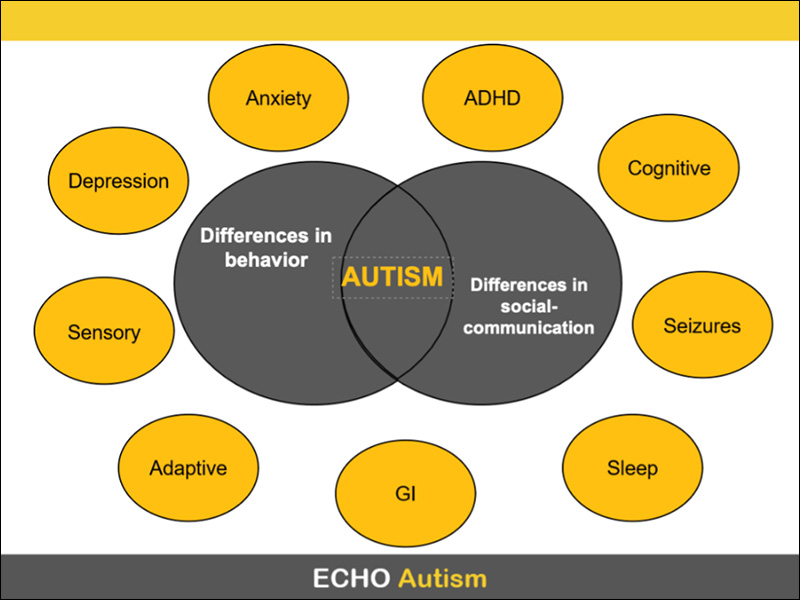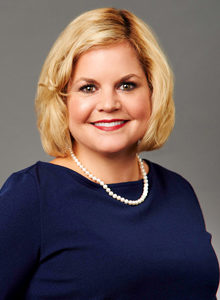When families receive an autism diagnosis for their child, they may not realize they are also likely receiving a diagnosis for other medical and behavioral health conditions that have not yet been identified.

Autism is a chronic condition that requires ongoing treatment and support. Certain medical and behavioral health conditions are more likely to coexist with an autism diagnosis and require more frequent monitoring. Some of these conditions include anxiety, attention-deficit/hyperactivity disorder, behavioral differences, seizures, sleep disturbances, and gastrointestinal concerns.
Ideally, every child diagnosed with autism would be seen at a clinic with subspecialists available to conduct a multidisciplinary evaluation (an evaluation performed by various specialists who come together to look at a child as a whole from their expert viewpoints), which could identify any coexisting conditions.
Unfortunately, this is not always possible. Instead, you may need to build your own multidisciplinary team, which could include the following subspecialists:
- Developmental and behavioral pediatricians
- Psychologists and psychiatrists
- Neurologists
- Gastroenterologists
- Sleep specialists
- Speech-language pathologists
- Occupational therapists
Finding these subspecialists (as needed) contributes to creating a comprehensive team that includes school specialists, teachers and staff, and other behavioral health professionals.
Sometimes, a case manager is assigned to a family (through insurance or behavioral health services) to locate these professionals and, perhaps, even connect with them. However, in most cases, the parents or family need to create and connect this multidisciplinary team.
When “connecting” team players, make sure you:
- Bring copies of reports from other disciplines to each appointment for other team members.
- Ask those team members to be copied on any electronic communications.
- Create a shared drive through Google or another platform to upload and store any documentation (e.g., reports, visit summaries, therapeutic notes) and allow access for all team members
While it is not an easy task to search for specialists, attend all of the appointments, and connect with your child’s team members, it will be well worth the effort and can make a significant and positive difference in the long run for your child’s progress and your peace of mind.
Amy Kelly, MBA, MNM, is the mother to Danny, Annie and Ryan. Annie is diagnosed with moderate to severe autism, verbal apraxia, intellectual and developmental disabilities, and general anxiety disorder. Amy is the National Director of Family Engagement for Devereux Advanced Behavioral Health, one of the nation’s oldest and largest nonprofit providers of behavioral healthcare, and serves as a family representative on several special needs boards in the community, locally and nationally. In addition, she participates with other patients and families in efforts supported by the Autism Care Network and serves on an executive committee for the American Academy of Pediatrics to assist children and adolescents with special needs and the importance of quality care.






